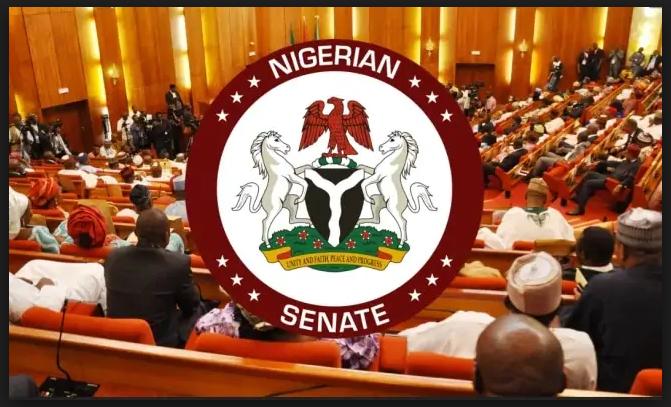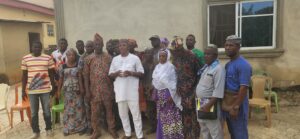Insecurity: Senate Plans Regional Summit to Consult Affected Communities

Insecurity: Senate Plans Regional Summit to Consult Affected Communities

The Nigerian Senate has announced plans to engage key stakeholders, including survivors of recent attacks from all six geopolitical zones, in a bid to uncover the root causes of violence and tackle the country’s escalating security challenges.
Speaking on Thursday, Senate Leader and Chairman of the Senate ad hoc Committee on National Security Summit, Opeyemi Bamidele, said the initiative marks a move towards localized consultations as insecurity continues to claim lives and hinder national development.
No amount of investment in infrastructure will yield meaningful results without peace and stability,” Bamidele declared during the committee’s inaugural meeting at the National Assembly in Abuja.
He added, “We must first address insecurity if we hope to rebuild this nation.”
The 20-member ad hoc committee, which was constituted earlier this month, draws from the leadership of key Senate committees, including those on Defence, Army, Navy, Interior, and Police Affairs.
Prominent members include Chief Whip, Tahir Monguno, Senate Minority Leader, Abba Moro, and Adams Oshiomhole, among others.
But Bamidele stressed that the regional meetings would not only involve high-level security agencies but seek input from those most affected—victims of armed violence, traditional rulers, community leaders, and civil society actors.
We will go to the people, listen to their fears and hopes, and gather their ideas on how to turn disorder into order.
This national summit will be inclusive and participatory because the security of Nigeria concerns everyone,” he said.
The Senate’s approach recognises that security challenges vary across regions: from banditry and kidnapping in the North-West to Boko Haram insurgency in the North-East, herder-farmer clashes in the North-Central, secessionist unrest and gang violence in the South-East, ritual killings in the South-West, and oil theft and piracy in the South-South.
“What began as isolated incidents of violence in parts of the North has now spread across the entire country. Even Kwara, previously spared, is now affected. Benue continues to bleed daily,” Bamidele lamented.
He further warned that these growing threats—ranging from economic sabotage through oil theft in the South-South, to rampant abductions for ransom in the South-East—could destabilise the country permanently if not urgently addressed.
The Senate stressed that the upcoming summit was expected to convene security and intelligence agencies, traditional institutions, state and local governments, the media, and private citizens with valuable insights.
“We must end the culture of reactive firefighting. It’s time for preventive dialogue and strategic action,” Bamidele said.
The regional consultations are set to commence in the coming weeks, with the Senate Committee on National Security Summit expected to announce the specific dates and venues soon.
The Senate emphasized that addressing the country’s security challenges demands the collective input and involvement of all Nigerians.






